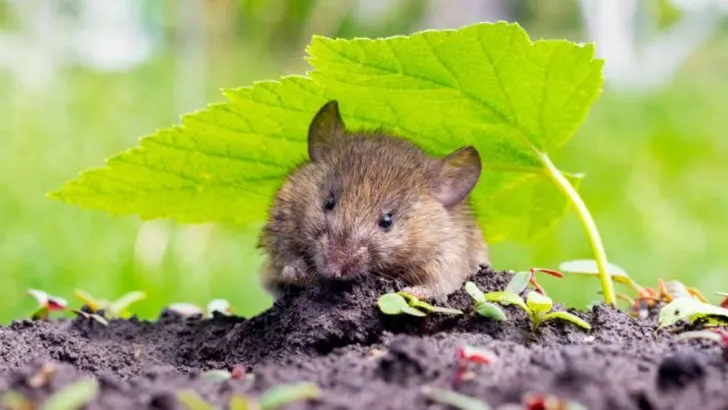Rats can be a major nuisance in the garden, feasting on your hard-earned vegetables and damaging plants. If you’re struggling to keep them away, don’t worry—there are effective ways to deter them without resorting to harsh chemicals. Here are 11 proven methods to stop rats from eating your garden veggies and protect your harvest.
Use Peppermint Oil Spray
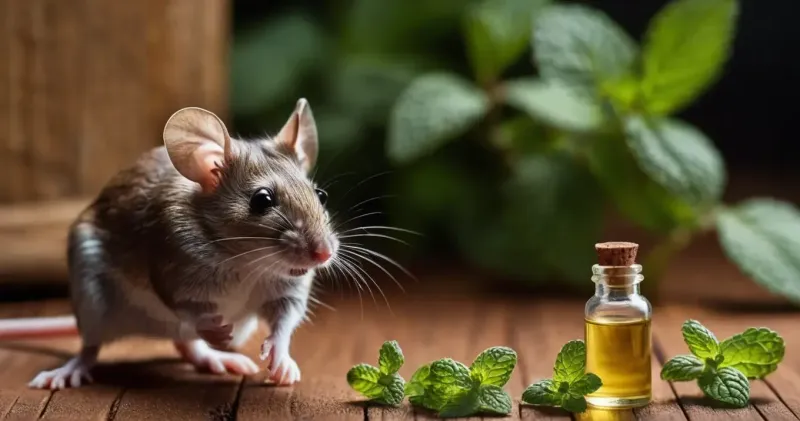
Rats are not fond of strong scents. A peppermint oil spray can be a good deterrent. Mix a few drops with water. Spritz this around the perimeter of your garden. Avoid direct contact with plant foliage to prevent any potential damage. Refresh the application every few days or after it rains. This method not only keeps rodents at bay but also gives your garden a refreshing scent. It’s an eco-friendly solution that doesn’t harm beneficial insects. Remember, consistency is key for this method to be effective. Enjoy your rat-free garden space.
Install Garden Fencing
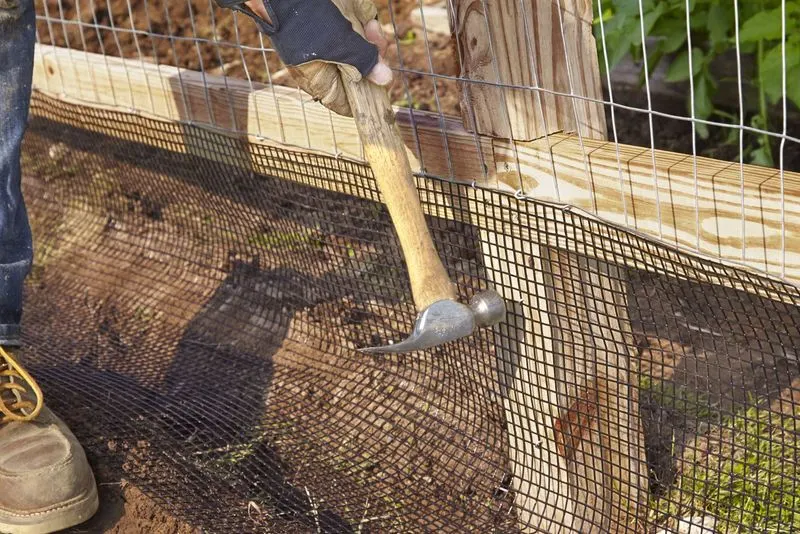
Physical barriers like fencing offer solid protection. Consider using wire mesh or chicken wire. It acts as a physical barrier that rats find challenging to breach. Make sure the fencing is buried at least six inches underground. This prevents them from burrowing underneath. Opt for a height of at least two feet. This discourages any attempts to climb over. Regularly inspect for any signs of wear or gaps. A well-maintained fence can significantly reduce rat intrusions. It’s an investment that pays off with healthier vegetables.
Introduce Natural Predators
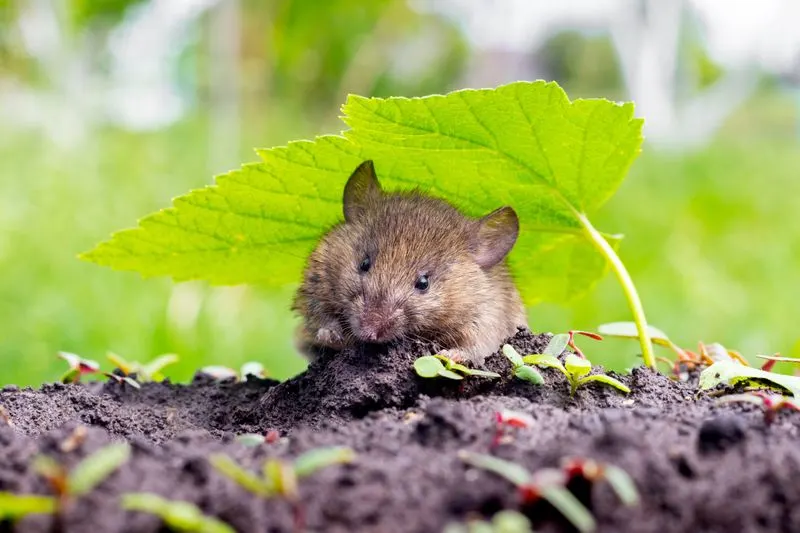
Cats are natural hunters and can keep rodent populations in check. Consider adopting a cat or encouraging neighborhood cats to visit. Their presence alone can deter rats from venturing into your garden. Ensure your feline friend has a safe environment. Provide shelter and occasional food to encourage their stay. Beyond cats, owls and hawks are also effective but require more complex arrangements. Natural predators offer a symbiotic solution to pest control. Ensure harmony between your pets and wildlife. They can coexist peacefully with the right approach.
Remove Garden Debris
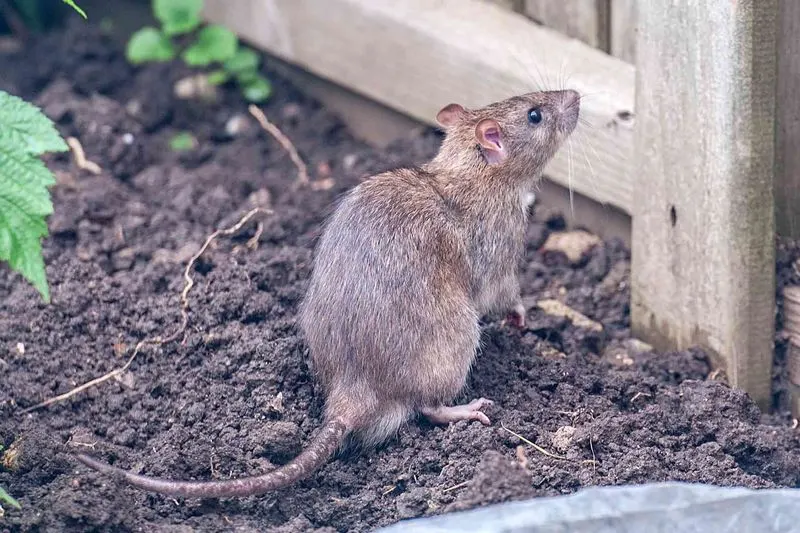
Keeping your garden tidy is essential. Piles of debris offer perfect hiding spots for rats. Regularly clear fallen leaves, sticks, and other clutter. This removes potential nesting areas. A neat garden is less attractive to rodents. Additionally, trim overgrown plants and maintain clean pathways. This enhances visibility, making it difficult for rats to hide. Regular maintenance is crucial in creating an unwelcoming environment for pests. By denying them shelter and hiding spots, your vegetables stay safer. It’s a simple yet effective strategy.
Employ Traps Strategically
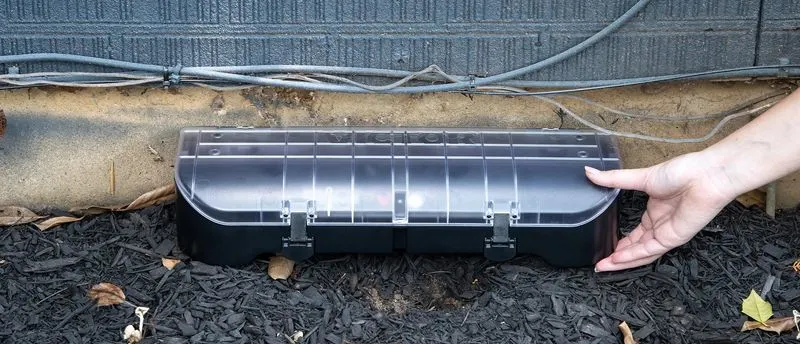
Traps can be an immediate solution. Choose humane options like live catch traps. Place them strategically along garden borders or known rat pathways. Bait traps with peanut butter or dried fruit. Regularly check and empty traps to avoid attracting more pests. Relocate any caught rodents far from your garden. This method requires diligence but can quickly reduce rat numbers. Ensure traps are out of reach of children and pets. Using traps offers targeted control without chemicals, making it safe for your plants.
Use Raised Garden Beds
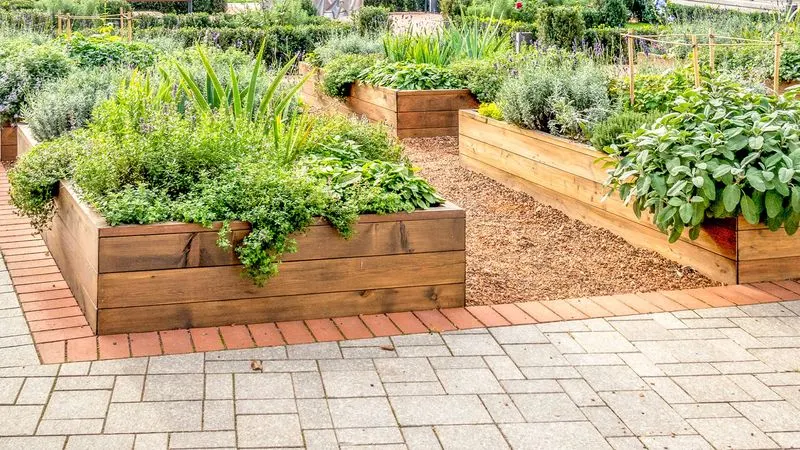
Elevated garden beds are not only practical but also provide a barrier. They make it difficult for rats to access your veggies. Construct these beds using sturdy materials like wood or metal. Ensure they are at least 18 inches high. This height prevents easy climbing. Raised beds improve drainage and soil quality too. They offer better control over growing conditions. Additionally, they reduce the chances of soil-borne pests. By elevating your garden, you protect it from both rats and other potential threats.
Install Ultrasonic Repellers
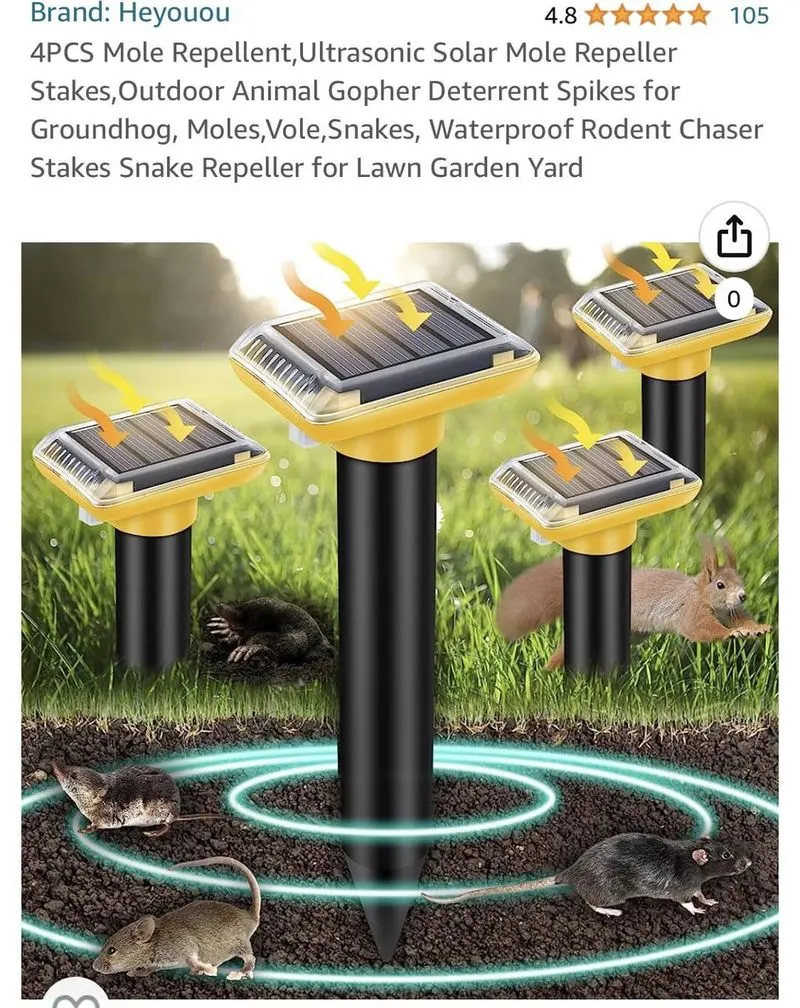
Ultrasonic devices emit high-frequency sounds. These sounds are unpleasant to rodents, encouraging them to leave. Place these devices strategically around your garden. They cover small areas, so multiple units may be needed. Ensure they are weatherproof for outdoor use. Ultrasonic repellers offer a non-invasive way to deter pests. They operate continuously without human intervention. This method is ideal for gardeners seeking a hands-off approach. Remember to occasionally reposition them to maintain effectiveness. It’s a modern solution for rodent issues.
Secure Compost Areas
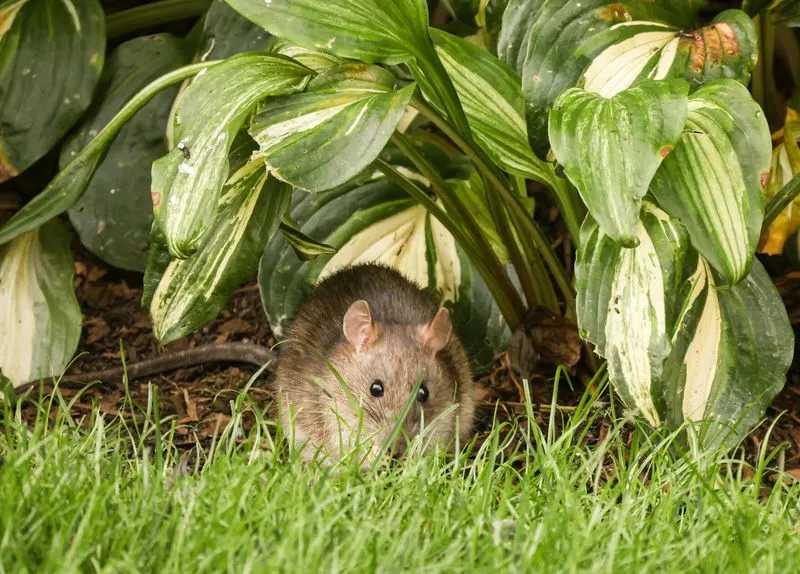
Compost piles can attract rats. Ensure your compost bin has a secure lid. This prevents easy access. Position it away from your main garden area. Regularly turn compost material to speed decomposition. This reduces food availability for rodents. Avoid adding meat and dairy products. These attract unwanted pests. Monitor your compost for signs of rodent activity. A well-managed compost pile supports healthy gardening. It also minimizes the risk of attracting rats. Effective compost management keeps your garden and veggies safer.
Limit Bird Feeder Spillage
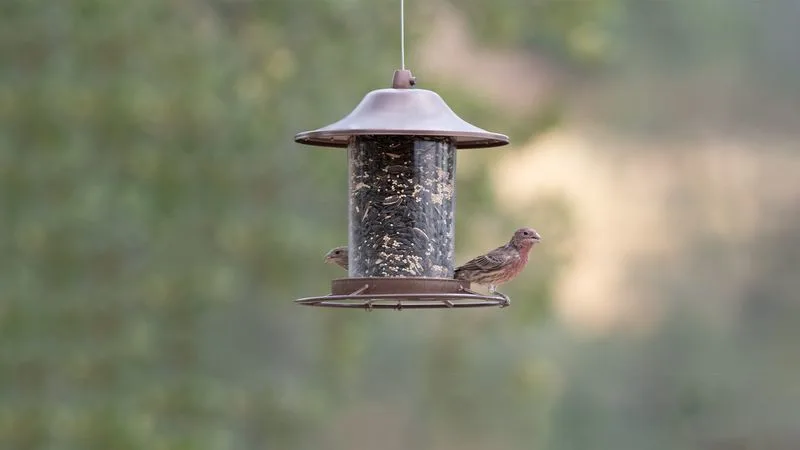
Bird feeders can unintentionally attract rats. Ensure feeders are spill-proof and regularly cleaned. Place them away from your vegetable patch. Use squirrel guards to prevent access. Clean any spilled seeds promptly. This reduces the food source for rodents. Maintaining a tidy feeding area discourages rats. Despite their love for birds, gardeners must balance this hobby with pest control. Bird feeders should complement your garden, not complicate it. By managing spillage, you prevent rat visits.
Plant Rat-Repelling Herbs
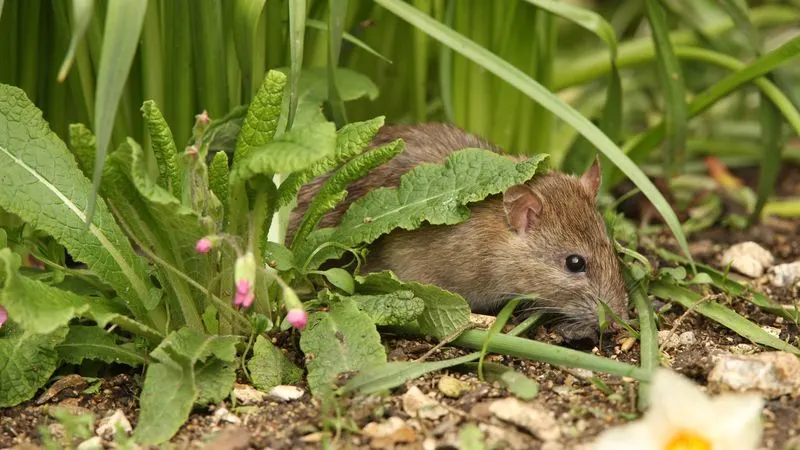
Certain herbs naturally repel rats. Lavender, mint, and oregano are known for their deterrent properties. Plant these around the borders of your garden. Their strong scents act as natural repellents. Beyond their protective qualities, these herbs add culinary value. They also attract beneficial insects. Combining beauty with functionality, rat-repelling herbs serve dual purposes. Regularly prune to maintain their effectiveness. Enjoy a fragrant garden free from rodents. This strategy integrates seamlessly into any gardening plan.
Practice Crop Rotation
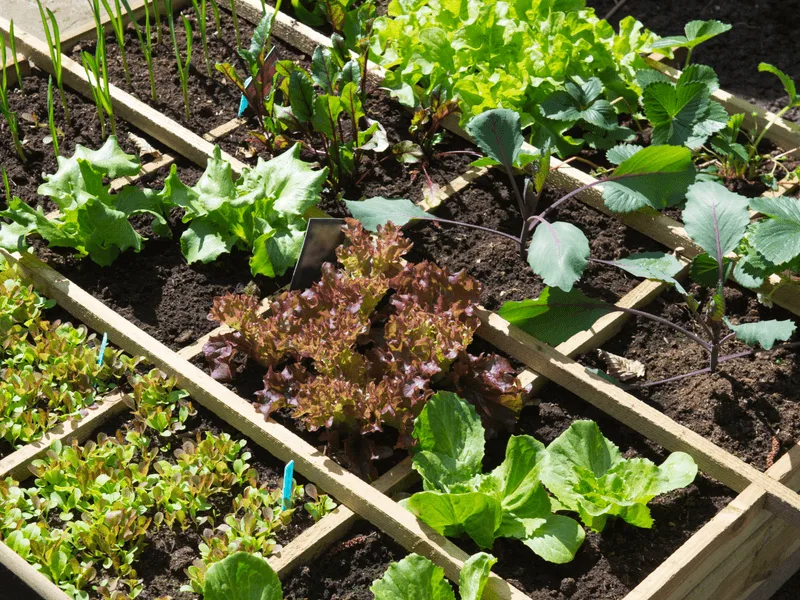
Changing plant locations each season can confuse rats. They rely on familiarity. Rotate your crops to disrupt their patterns. This method not only deters rodents but also improves soil health. Different plants have varying nutrient needs. Rotate them to balance soil fertility. Crop rotation also reduces soil-borne diseases. It’s a fundamental practice for sustainable gardening. By altering your garden layout, you maintain a dynamic environment. This keeps rats and other pests guessing. Both your garden and its produce benefit.

